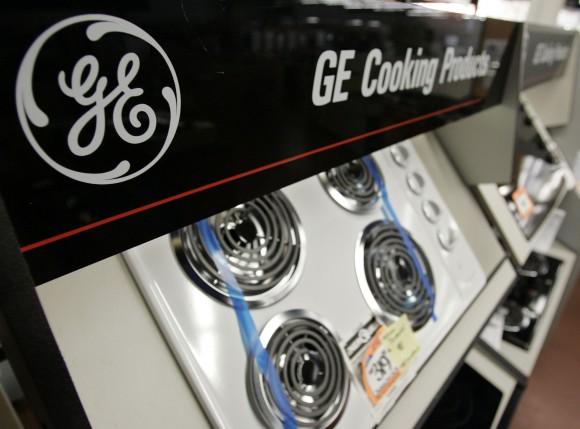Chinese investments in the United States reached a new record of over $45 billion in 2016—three times the previous year’s total.
Planned M&A (mergers and acquisitions) activity and the U.S. economic outlook suggest that 2017 may be another boom year. But with the changing political climate, Chinese investment may not be all that welcome anymore.

A General Electric stove on sale at a store in Mountain View, Calif. The Haier Group acquired the appliance division of General Electric in 2016. AP Photo/Paul Sakuma





